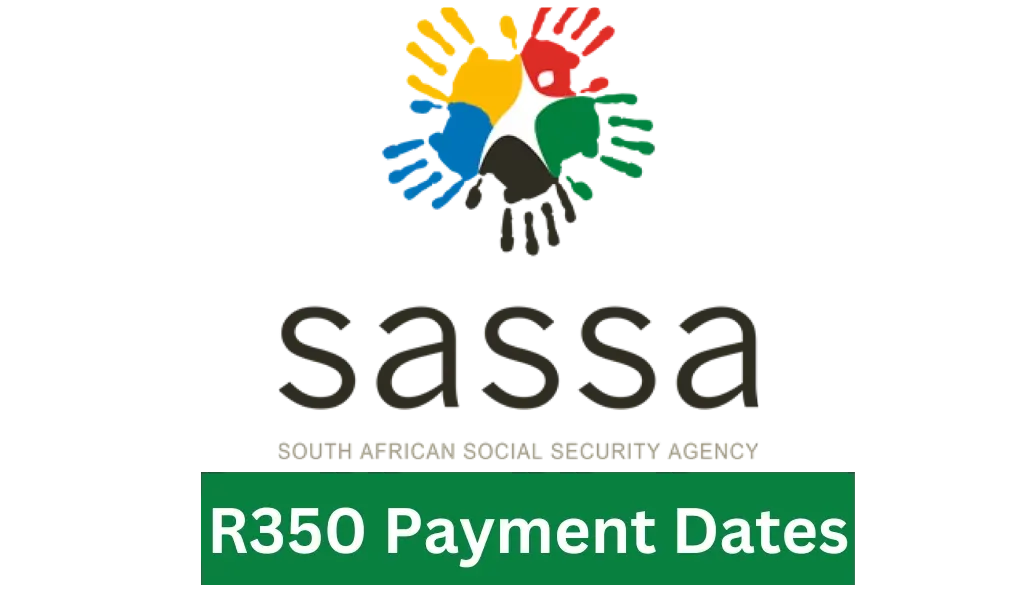Srd Status check – Check your R350 status now

In response to the ongoing economic challenges posed by the COVID-19 pandemic, the South African Social Security Agency (SASSA) has implemented the Social Relief of Distress (SRD) grant. This grant is designed to provide temporary assistance to individuals who are currently unemployed and do not receive any other form of social support. This article delves into what the SRD grant entails, who qualifies for it, how to apply, and the steps you should take to manage your application effectively visit sassasrd-status.org.za.
What is the SRD Grant?
The SRD Status Check grant is a government initiative aimed at providing financial relief to individuals who find themselves in dire economic distress due to the pandemic. This grant is specifically targeted at those who are between the ages of 18 and 60, unemployed, and not receiving any other social grants or unemployment insurance benefits. The grant provides R350 per month to each beneficiary, intended to help cover basic necessities during times of unemployment.
Eligibility Criteria for the SRD Grant
To be eligible for the SRD grant, applicants must meet the following criteria:
-
Age: Must be between 18 and 60 years old.
-
Residency: Must be a South African citizen, permanent resident, or refugee registered with the Department of Home Affairs.
-
Financial Status: Must be unemployed and not receiving any other social grant from SASSA.
-
Other Benefits: Must not be receiving unemployment insurance benefits or any other government support, such as NSFAS stipends.
These criteria are designed to ensure that the grant reaches those who are most in need of financial support due to the economic impact of COVID-19.
How to Apply for the SRD Grant
SASSA has made it relatively easy to apply for the SRD grant through multiple channels:
-
Online: Applicants can visit the official SASSA SRD website to submit their application.
-
WhatsApp: A dedicated WhatsApp number has been set up for applications.
-
USSD: Applicants can also use a USSD code to apply via their mobile phones.
When applying, you will need to provide personal information such as your South African ID number, contact details, and an affirmation of your current employment status.
Checking the Status of Your SRD Grant
Once your application is submitted, you can check the status of your SRD grant in several ways:
-
SASSA SRD Website: The quickest way to check your application status is through the SRD section of the SASSA website.
-
WhatsApp: The same WhatsApp number used for applications can be used to check your grant status.
-
USSD: Regular status updates can also be obtained by using the USSD service.
These tools are critical for applicants to stay informed about the status of their applications and to manage their expectations regarding the receipt of funds.
What to Do if Your Application is Denied
If your application for the SRD grant is denied, SASSA provides a mechanism to lodge an appeal. You can submit an appeal through the SASSA SRD website by providing a detailed explanation and any relevant supporting documentation that might influence the reconsideration of your application.
Tips for a Successful SRD Grant Application
-
Ensure Accuracy: Make sure all information provided during the application process is accurate to avoid delays or denials.
-
Keep Records: Keep a copy of your application number and any correspondences with SASSA.
-
Follow Up: Regularly check your application status and follow up if there are delays beyond the usual processing time.
The SRD grant serves as a vital lifeline for many South Africans during these challenging economic times. Understanding the eligibility criteria, application process, and follow-up procedures is essential for potential and current beneficiaries. By staying informed and proactive, individuals can better navigate the complexities of the SRD grant and ensure they receive the support they need. This initiative not only helps individual recipients but also contributes to the broader effort to stabilize households during the pandemic.


